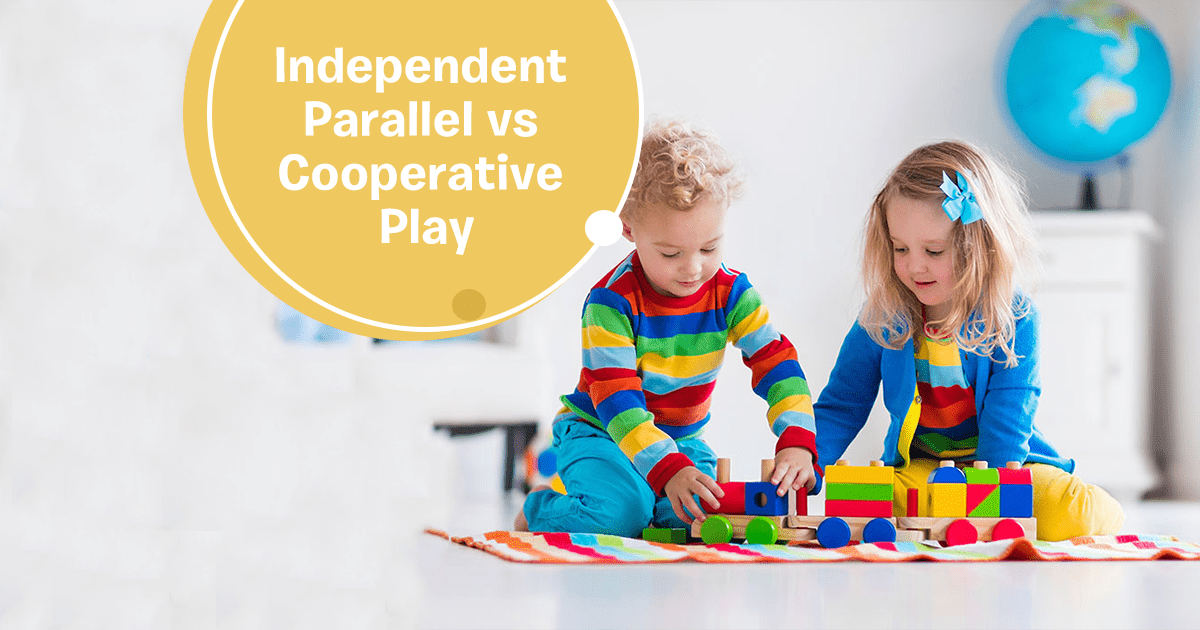
Parents need to understand that there's no one-size-fits-all form of play for children. Every single child is unique and has their own special skills, interests, and pace when it comes to learning and playing. That's why a certain type of play that may work for one child may not necessarily be interesting to another. When this happens, it's important to create a play and learning environment that is unique to a specific child. When you do this, the first thing you need to consider is whether they're suited for playing by themselves and looking at others from afar or collaborating with others instantaneously. After all, some people are extroverted and prefer being surrounded by peers, while others are more introverted and would rather do things independently (while observing their peers).
All these things considered, we're going to take a look at how different independent parallel play and cooperative play are from each other, and how you can incorporate these two distinct types in your child's best interest.
With this type of play, a child remains ecocentric. This means that they're more focused on themselves and keep their distractions from others at bay. They don't need to wait for their turn and can take on the challenge of figuring out how things work by themselves--although it's possible that they will look at their peers from a distance to get an idea about how to handle the toy or game in front of them.
You must know that Independent Parallel Play is often considered the first step to prepare themselves for cooperative play because, at this stage, they are still beginning to develop their social skills and figuring out how to play cooperatively. However, there's nothing wrong if your child prefers this type of play even as they grow older. It just means they want to do things independently.
As the name suggests, cooperative play involves a group of children learning together and collaborating to achieve a common goal. When your child is a part of cooperative play, they begin to develop further their social skills through interaction. They get to learn the importance of following rules and fairness, as well as learn how to negotiate, resolve conflicts through proper communication, and even gain empathy for their peers. They also get to feel that sense of belonging, which is so important to have as early as childhood. If your child gets fueled up by interacting with people, they wouldn't have any trouble adjusting to cooperative play.
Which of the two types of play works best for your child? How has it helped in their development?